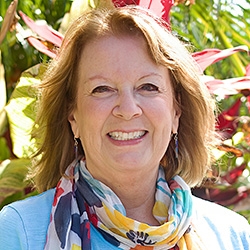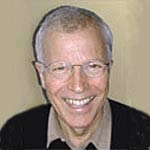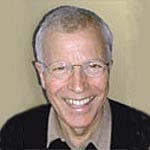

Search Results: conflict resolution
-
-
Trainer Tip: When there is conflict, the chances are good that people are arguing over a particular strategy. When we focus on our needs, the opportunities for peaceful resolution that values everyone’s needs are much greater. This can also build trust. Be aware of opportunities to shift focus from strategies to needs. Read on for an example of how this can work.
-
Connecting with self and other is key to care and creativity. Before dialogue connect with your intention and needs for being with grief, fear or pain, and empathy. Dialogue when you're both rested, fed, and have spaciousness. Start by expressing care and desire to find mutually satisfying solutions. To deepen connection you may repeat what you hear and ask the other person to do the same.
-
In this snippet from Duke Duchscherer's course, Restorative Dialogues: Transforming Conflict, Building Community Resilience, he shares a structured approach for conflict resolution or communication facilitation. It involves a facilitator guiding a conversation between two parties in conflict. The process begins with one party expressing their perspective while the other listens actively. The facilitator then prompts the listener to paraphrase what they heard, ensuring mutual understanding. This cycle continues until both parties feel heard. Subsequently, the facilitator encourages them to discuss potential solutions collaboratively. Once both sides are satisfied, the session concludes, with participants potentially swapping roles for further practice. The aim is for everyone involved to gain experience in effective communication and conflict resolution.
-
Yoram Mosenzon shares that the role of a mediator is often misconceived as solving conflicts, which can create stress and exacerbate the conflict. Instead, the true essence of mediation is about remaining untriggered, understanding the pain of the conflicting parties, and facilitating communication.
-
-
Join CNVC Certified Trainers and Mediators Jori and Jim Manske in an exploration of using Nonviolent Communication in the context of Mediation and Conflict Resolution.
-
Transforming organizational culture requires attention and change at the systemic level. Learn which systems are crucial for any organization to establish and clarify whether that organization is collaborative or not, and then learn how to create and strengthen a collaborative organization.
-
Here are five practical ideas from Ceri, Jo, and Sarah for creating simple agreements with any group you are working with when conflict arises!
-
-
Trainer Tip: Use conflict with others as a way to learn more about yourself.
-
Rita learns the power of silent empathy while visiting her daughter and offering unsolicited advice.
-
Ask the Trainer: Is a confidentiality agreement typically used in NVC practice groups?
-
Miki Kashtan reveals how choice is always available, no matter the situation or circumstances.
-
Miki Kashtan shares how to build trust, balance power, and welcome honest “no’s” in dialogue.
-
Inbal Kashtan answers the age-old question: Why do children do things to annoy parents?
-
Inbal Kashtan highlights how self-empathy fosters caring, supportive relationships with children.
-
Ask the Trainer: My question is about wanting to empathize more with my husband. Sometimes we connect very deeply, other times he slips back into "jackal talk..."
-
Ask the Trainer: For many years I have been using crime and punishment (reward and consequences) to discipline because it was the only thing I knew. I knew deep in my heart it was alienating me...
-
Ingrid guides parents to navigate everyday parenting challenges using the NVC model, such as the behavior of a frustrated child, a messy room, transition times and a child who collapses when things don't work out as she had hoped.

Quick Links
Subscription Preferences
Stay In Touch!
Looking for ways to keep up with NVC Academy news, get special offers, free resources, or words of inspiration? Here are five ways to stay engaged:
















